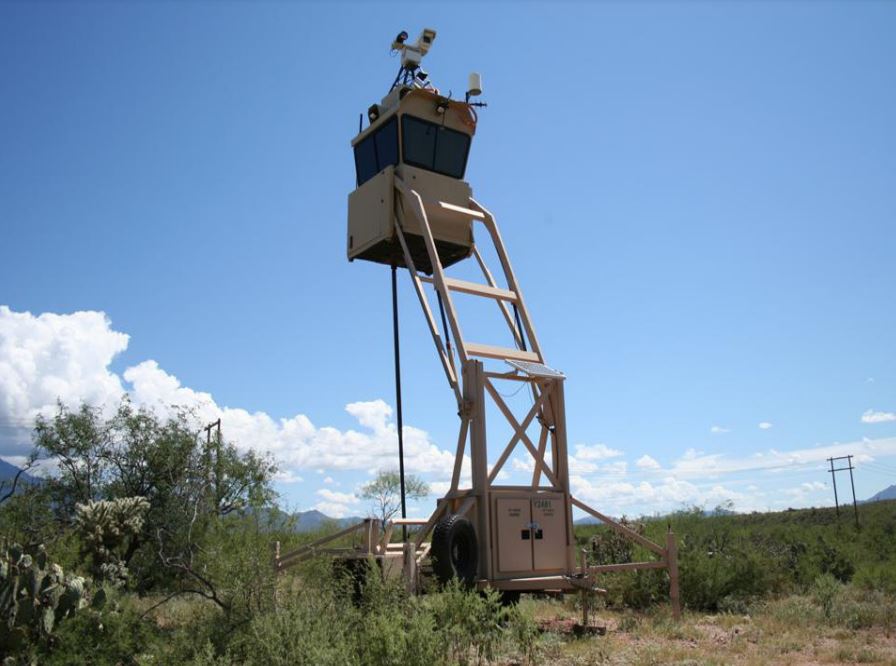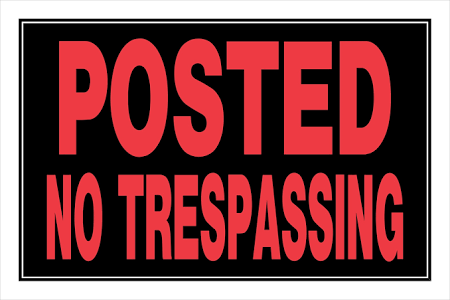Katie Hobbs vetoed bill HB2843. The text of the bill would have allowed Arizona residents to brandish or use firearms on persons on their property who were committing a form of trespass. The text of the bill is linked at the end of the article.
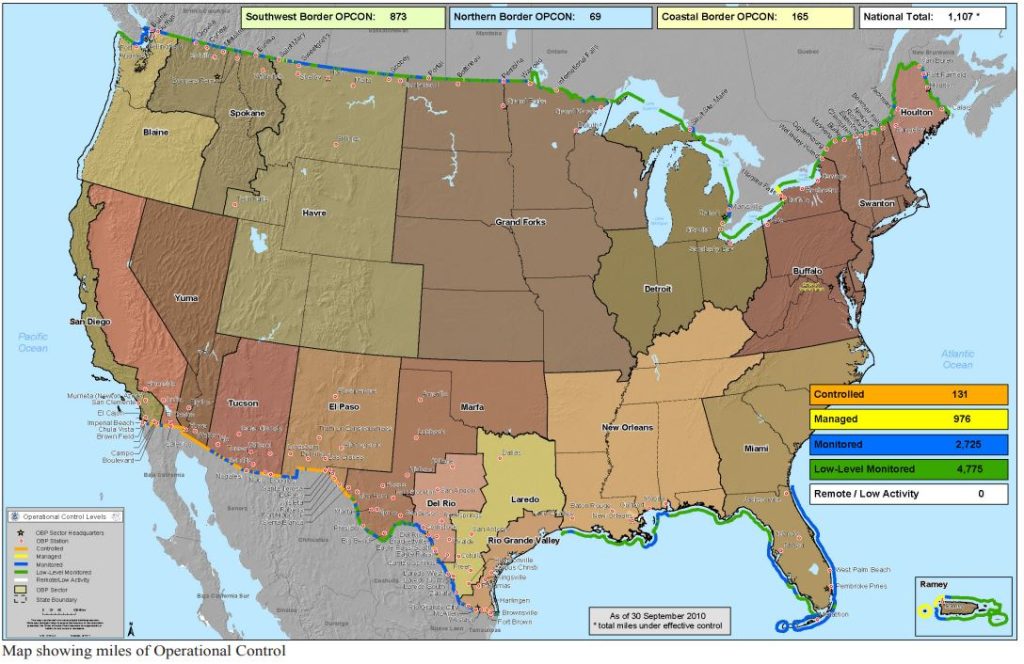
The bill made no distinction regarding the type of criminal trespass.

Climbing over a fence onto private property could be classified as criminal trespass.
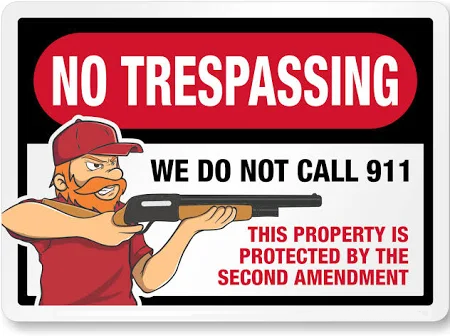
In Arizona, criminal trespass is generally defined as knowingly entering or remaining unlawfully on a property after being requested to leave, without permission from the owner, or in violation of a posted sign warning of trespass.
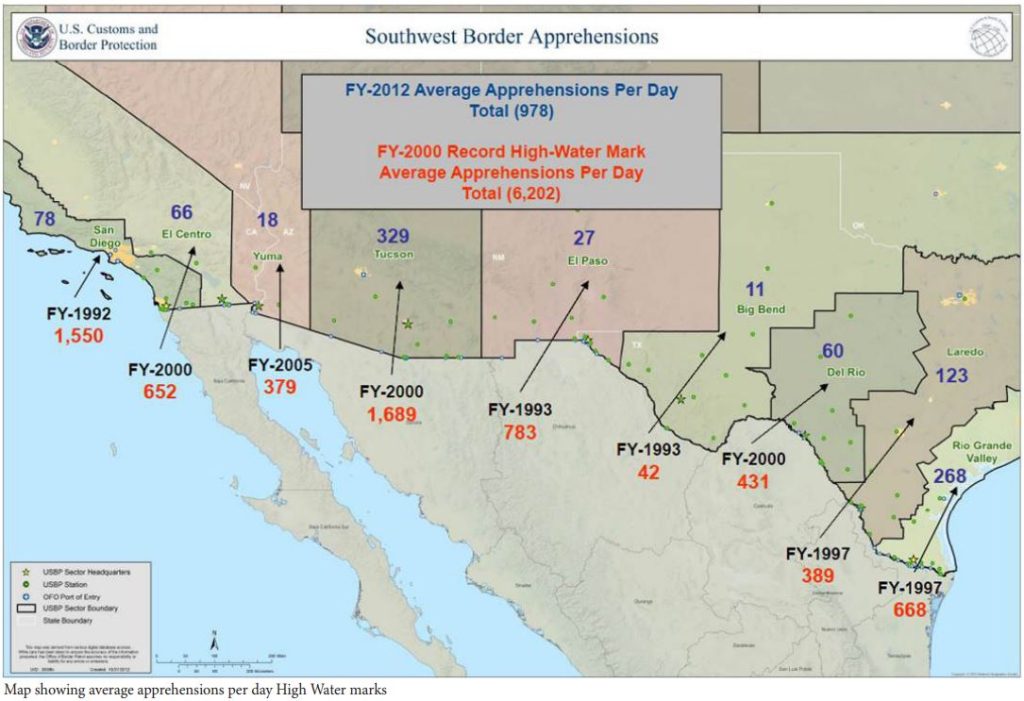
The severity of the offense can vary depending on the circumstances involved. The Bill did not make any distinction between the types of criminal trespass.
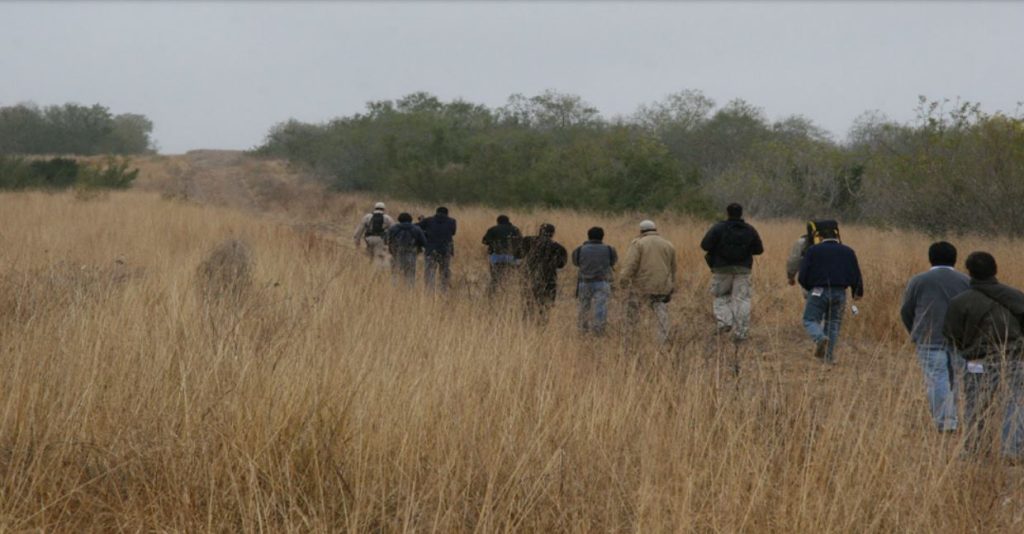
Both first and second degree criminal trespass involve someone intentionally being in a place or on property without permission, but first-degree trespass generally involves residential or key public properties and carries a higher potential penalty.
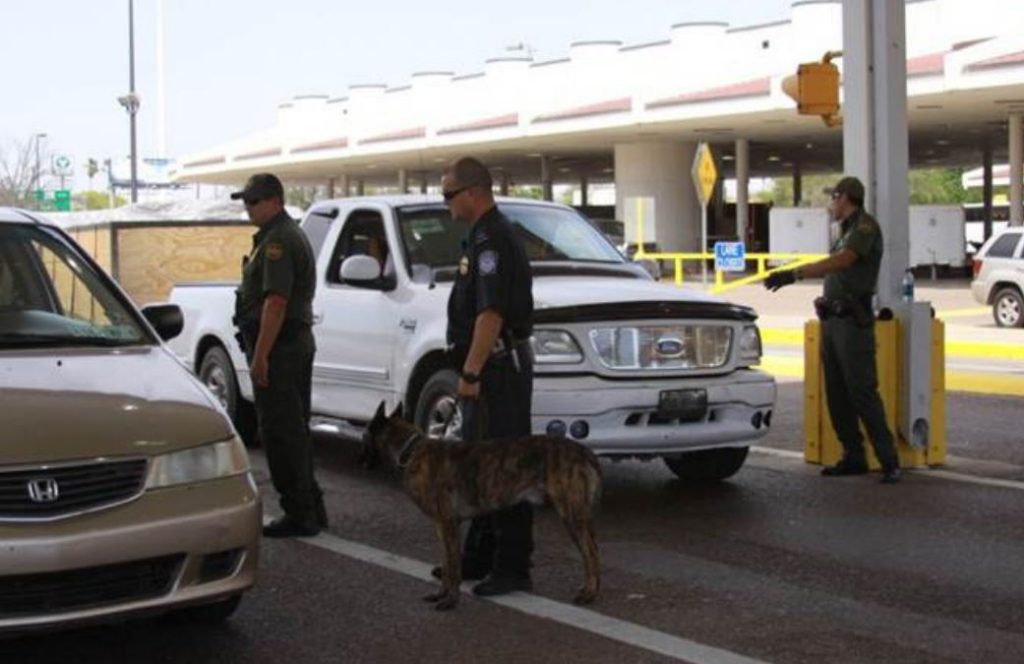
In Arizona, third-degree criminal trespass is defined as the unlawful entry or remaining on a property after the owner has made a reasonable request or issued a warning to leave.

More specifically, this might include entering or remaining unlawfully on any real property after a reasonable request to leave by the owner or any other person having lawful control over the property.
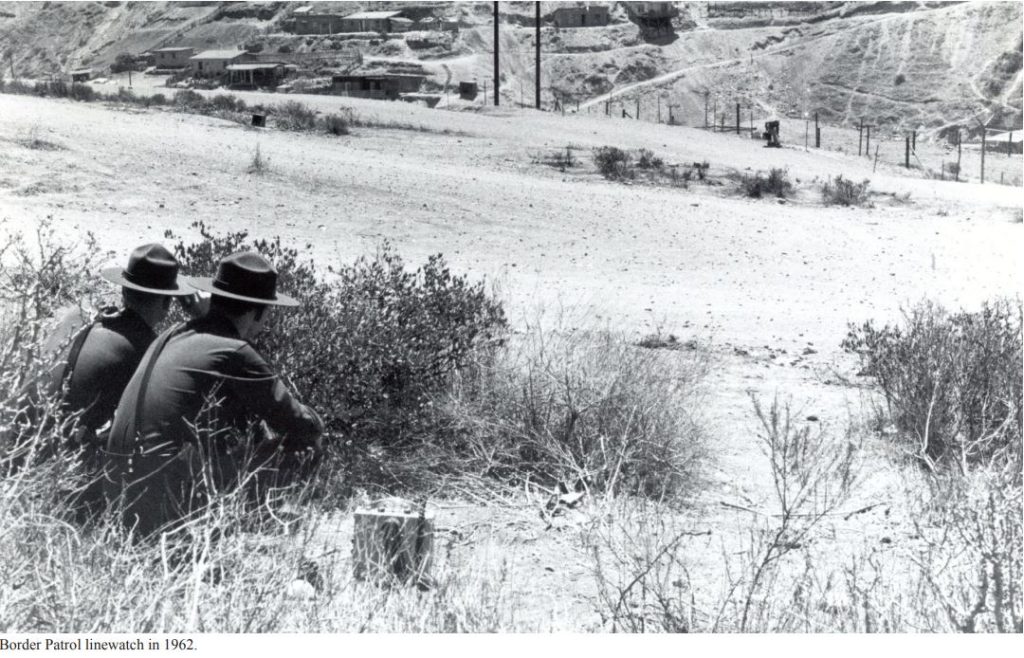
Another example is entering or remaining unlawfully on the right-of-way for tracks or the storage or switching yards or rolling stock of a railroad company. This is considered a Class 3 misdemeanor in Arizona.
